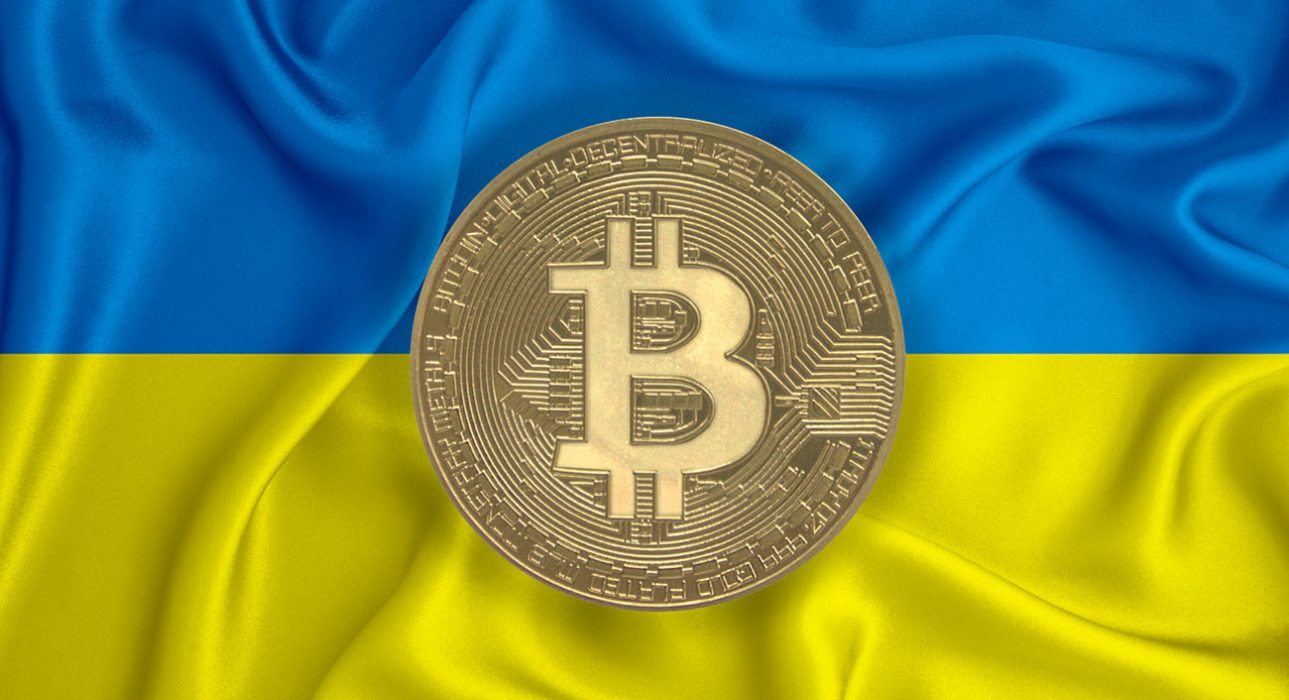Digital asset exchange FTX and the Ukrainian Ministry of Digital Transformation have come together to develop a platform for crypto donations to the besieged country’s war defence.
‘Aid for Ukraine’ is utilising FTX’s technology to convert crypto donations into fiat money, which is then distributed to Ukraine’s National Bank’s fundraising account:
Three-Way Partnership
Mykhailo Fedorov, Ukraine’s Vice Prime Minister and Minister of Digital Transformation, took to Twitter on March 15 to announce Aid for Ukraine, the result of a partnership between the nation, FTX and decentralised staking provider Everstake.
FTX and Everstake have been developing the necessary technology to convert incoming donations into fiat money that can be used by Ukrainians in need. The money is sent to the National Bank’s fundraising account and distributed appropriately, though some Twitter users have raised concerns about how their donations are being spent:
The donated funds are said to be sent directly to both the nation’s armed forces and civilians in need of humanitarian assistance. At the time of writing, over US$48 million had been raised via the platform.
The site currently accepts BTC, ETH, SOL, EOS, DOGE, XMR, USDT, DOT, ICON and NEO. Updates on how much has been raised by the community so far can be viewed on the Aid for Ukraine website.
Crypto Funds Ukrainian Defence Effort
Crypto donations are playing a large role in Ukraine’s defence against Russia. On March 4, an NFT of the Ukrainian flag raised US$6.75 million in crypto for the nation, proceeds of which were directed to the ‘Come Back Alive’ organisation which donates supplies to the families of soldiers and civilians.
Total crypto donations to Ukrainians have now surpassed US$108 million. Kraken exchange recently distributed over US$10 million in aid to Ukraine citizens with crypto wallets. The total donations are dispersed across relief efforts, charities, and government wallets.






